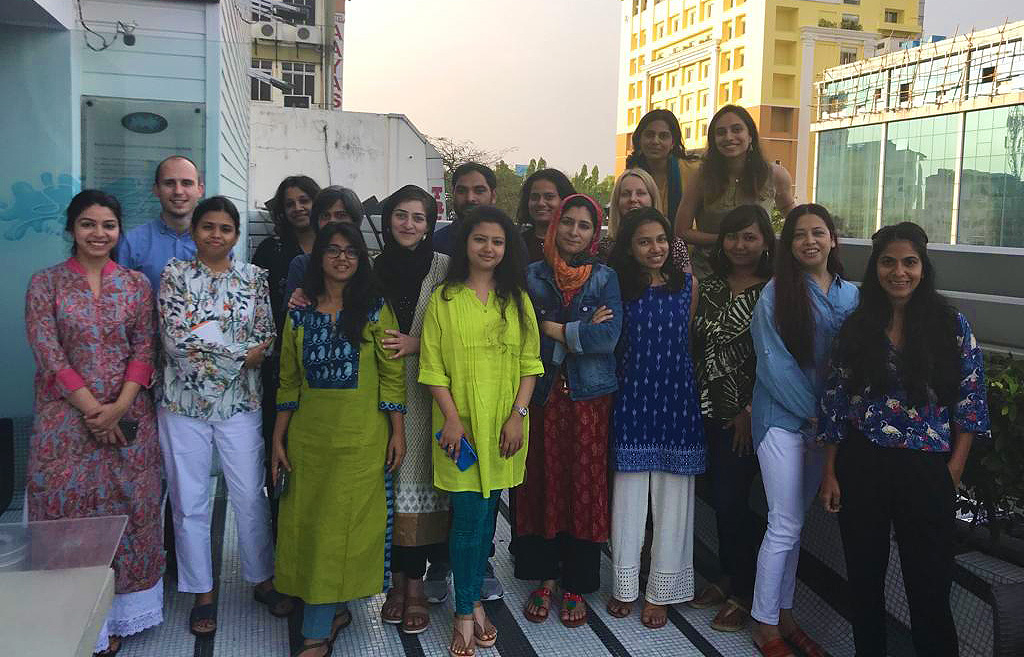
As India strives to crack down on bonded labour and human trafficking, the Thomson Reuters Foundation held a training course for journalists – ‘Reporting on Human Trafficking and Modern Day Slavery’ – in Kolkata from April 1-5. Sponsored by the C&A Foundation, the course attracted 15 journalists from across India for five days of training and debate, and was run by Thomson Reuters Foundation and Reuters sub-editor Rosalind Russell, and our Mumbai correspondent Roli Srivastava.
The cohort included reporters and editors working for The Hindu, The Week, The Delhi Post, Assam Tribune, The Kashmir Monitor, The New Indian Express and Times of India, as well as freelancers. The course featured sessions on staying safe while reporting on modern slavery and interviewing survivors sensitively, untangling myths and misconceptions surrounding the issue, and making sense of and mining data to produce insightful and exclusive stories.
The journalists brainstormed on how to find trafficking angles on major issues such as the Rohingya refugee crisis and India’s upcoming general elections and asked for guidance on how to get their stories picked up by major publications in India and beyond, to achieve maximum impact and raise awareness on the topic.
Several guest speakers joined the course to share their expertise, including Debashish Tandon of the NGO Justice and Care, Subhashri Raptan of Gorabbose Gram Bikas Kendras, and Dr Samarjit Jana – an advocate for sex worker rights. The journalists also had the invaluable opportunity to put into practice what they had learned by interviewing three trafficking survivors – who were familiar and comfortable with speaking to the media.
A highlight of the week was a panel discussion – ‘Reporting Fairly and Sensitively on Human Trafficking in India’ – that saw more than 50 guests attend including local journalists, civil society representatives and government officials. The discussion featured four high-profile speakers: Anindit Chowdhury of the C&A Foundation, Chandreyee Ghose Dutta of The Telegraph, Hasina Kharbhih of the Impulse NGO Network and Matthew Joji of International Justice Mission. In a debate moderated the Thomson Reuters Foundation’s Slavery and Trafficking Editor, Kieran Guilbert, the panellists called for more in-depth and sensitive reporting on the topic as interest rises in India.
The week was rounded off with “Dragon’s Den” session in which all of the journalists pitched a story regarding migration, human trafficking and slavery, with the top seven to receive a mentor over the next few months to help them shape the story for publication.
The Kolkata course was one of a series of courses on covering migration and trafficking and slavery that are being run around the world this year by the Thomson Reuters Foundation in partnership with the C&A Foundation. To find out more about our media development and training programmes, click here.
More News
View All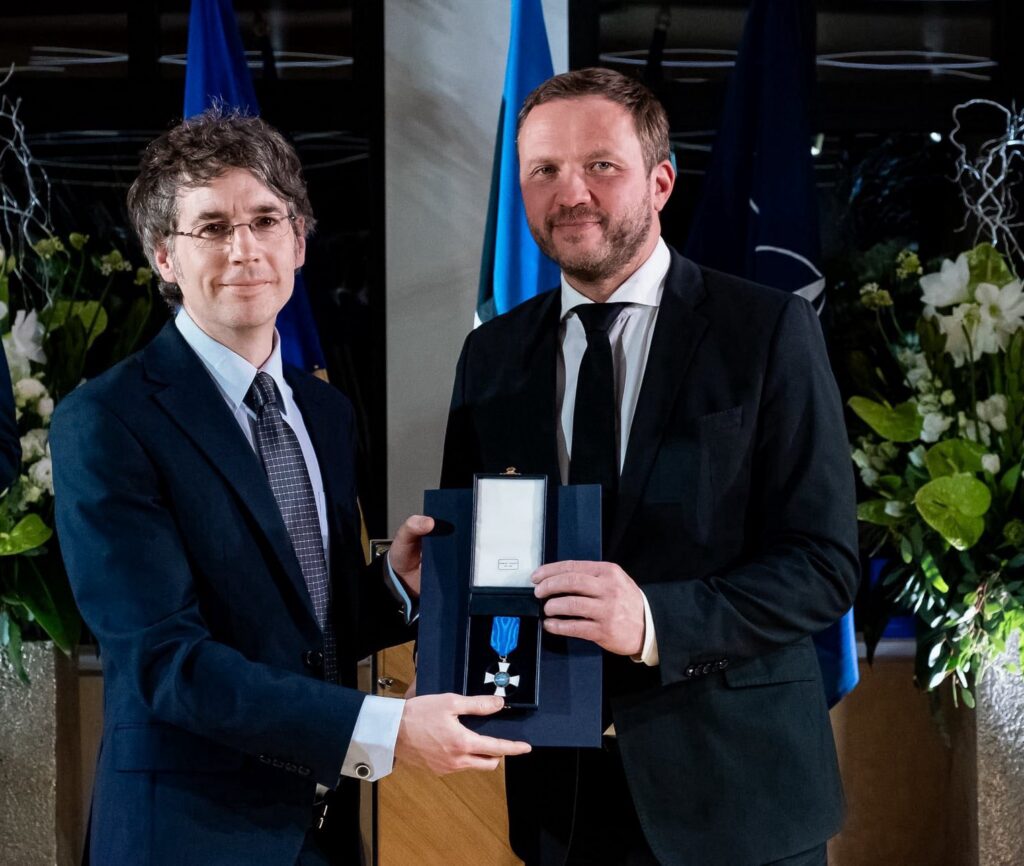
How the MFC Secretariat supports the Media Freedom Coalition to protect independent media at home and abroad
The MFC Secretariat, hosted by the Foundation, was awarded the Cross of Merit from the…
Read More
Statement on the Closure of the Context News Brand
A statement on the Closure of the Context News Brand from…
Read MoreSupporting media and CSOs to curb illicit financial flows across sub-Saharan Africa
We…
Read More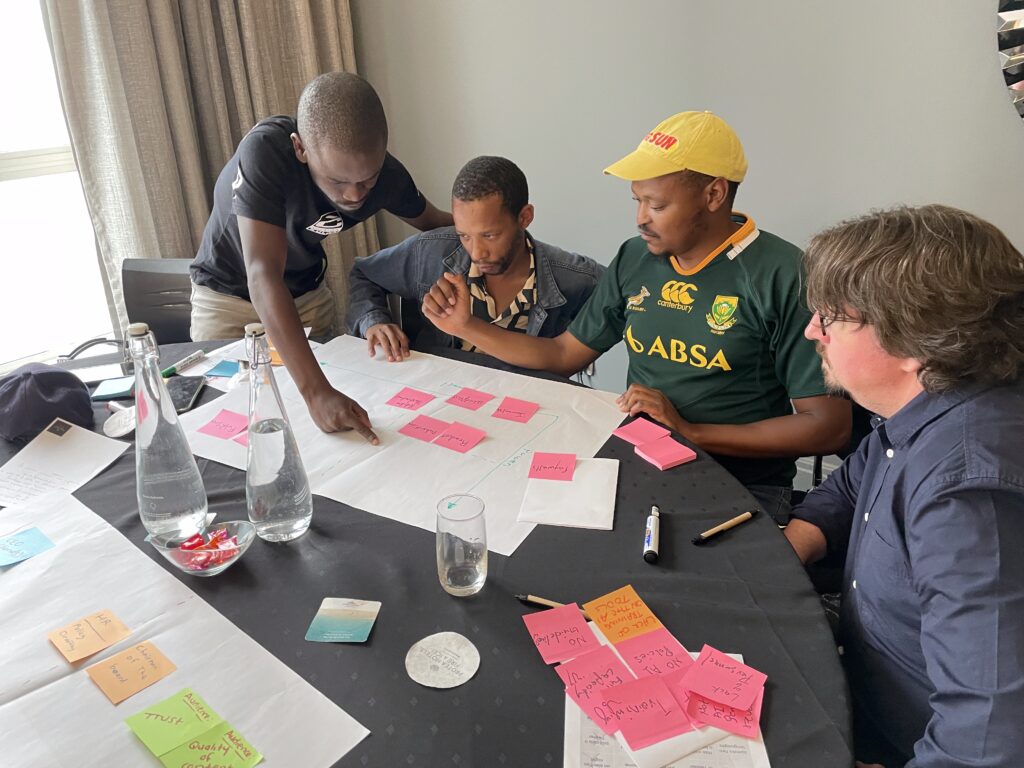
Our impact in 2025: Building resilience in a turbulent year
Our CEO Antonio Zappulla reflects on 2025:…
Read More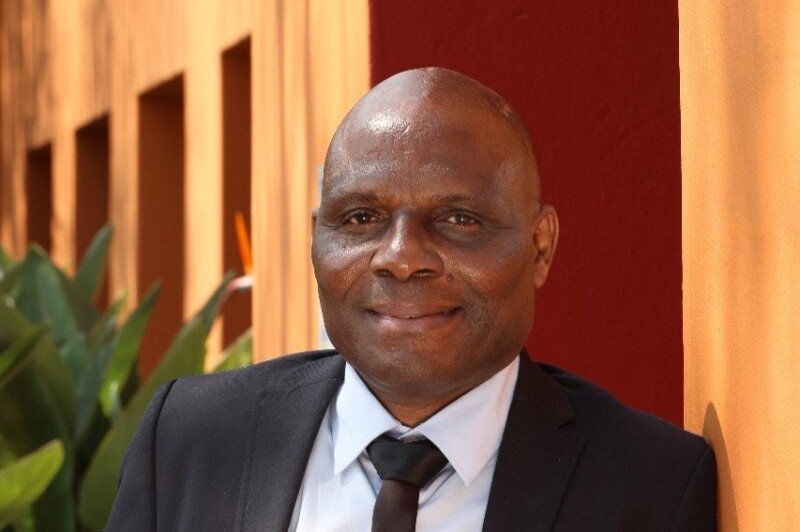
Uncovering illicit financial flows: Training that transformed one journalist’s approach to reporting
Find out how training from the Thomson Reuters Foundation transformed Fidelis…
Read More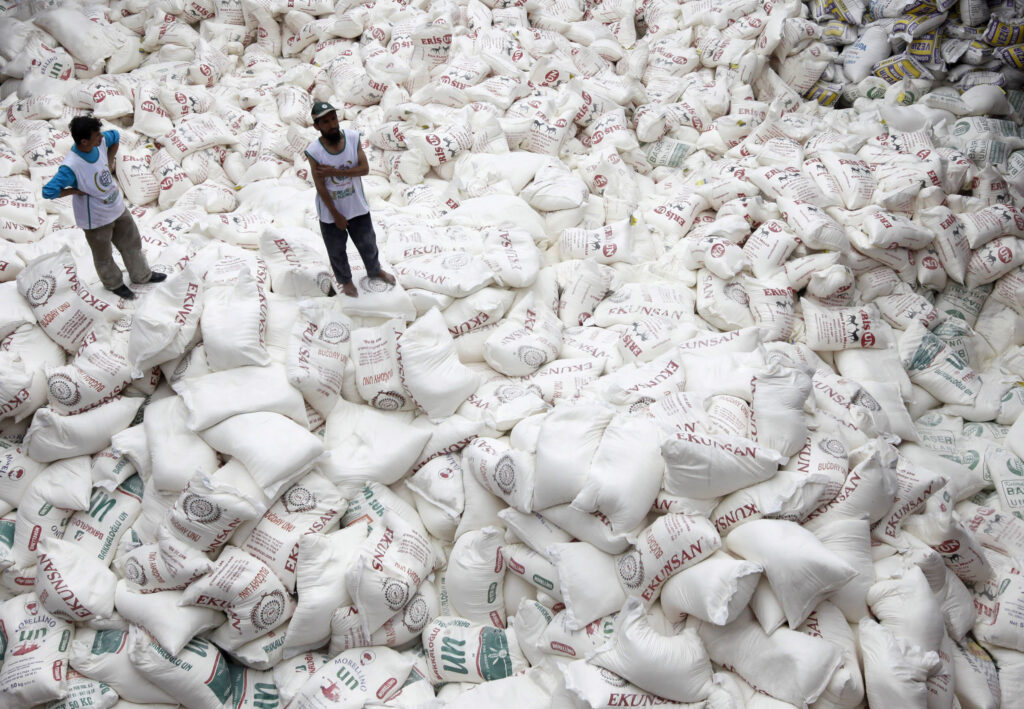
Legal needs are rising for NGOs amid attacks on civil society and funding cuts, our latest report finds
Our new report finds that legal needs amongst NGOs have risen significantly over the last…
Read More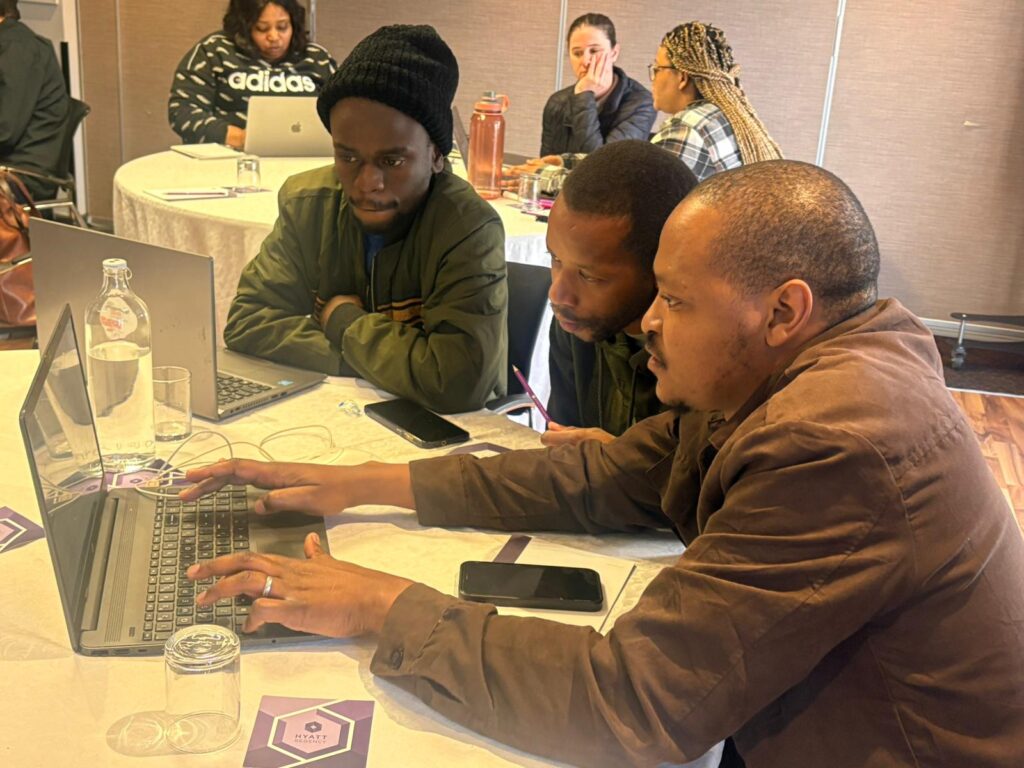
How South African newsrooms are benefiting from strategic and ethical AI adoption
We have…
Read More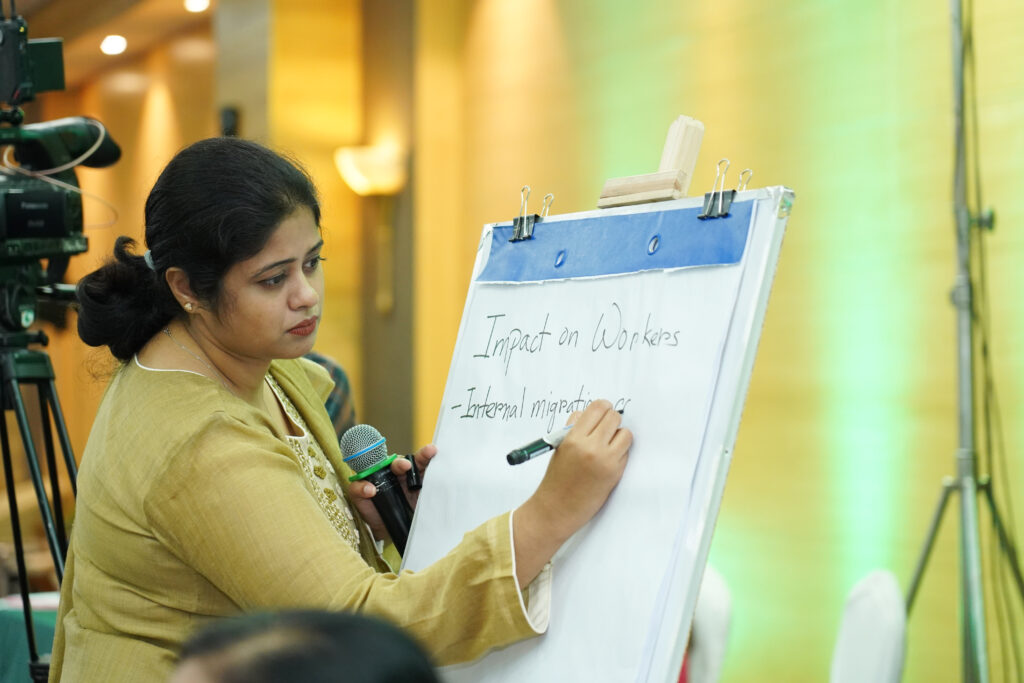
World’s largest dataset shows transparency gaps in AI adoption
The Thomson Reuters Foundation…
Read More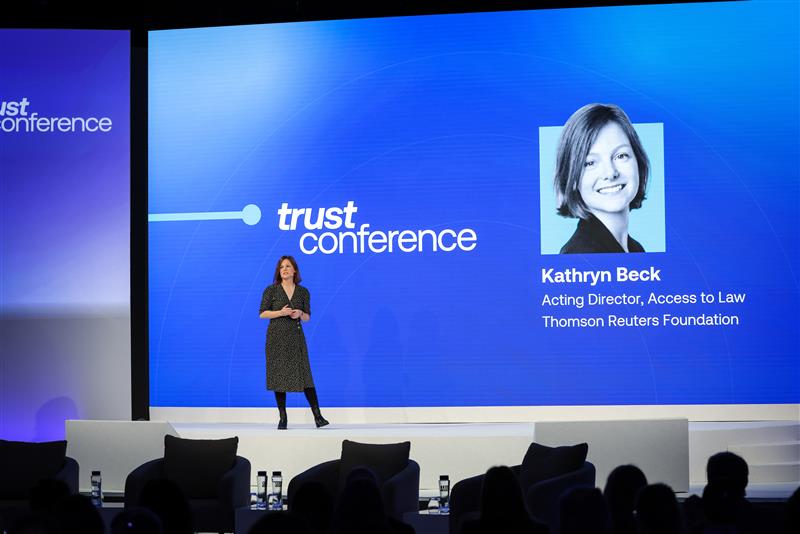
The authoritarian playbook in action: Insights from Trust Conference 2025
Learn our Acting…
Read More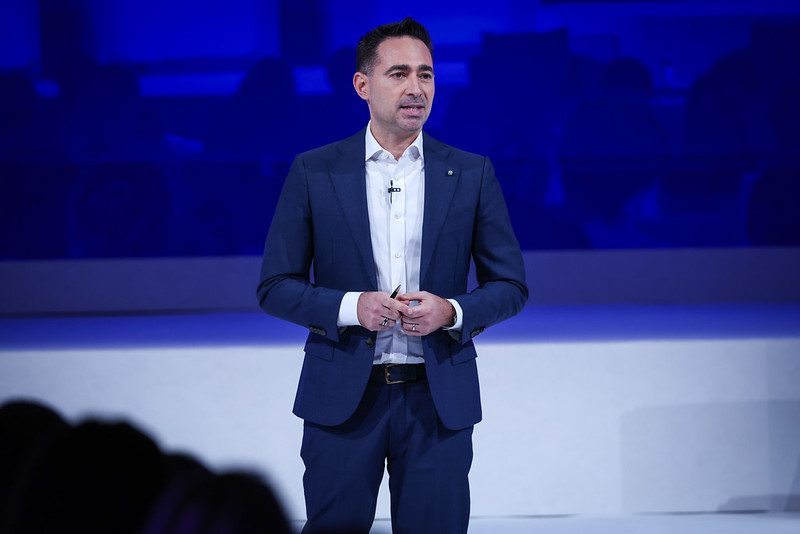
Antonio Zappulla: Technology is redefining power, information and influence. What is at stake?
View our CEO Antonio Zappulla’s opening remarks for Day Two of Trust Conference…
Read More

